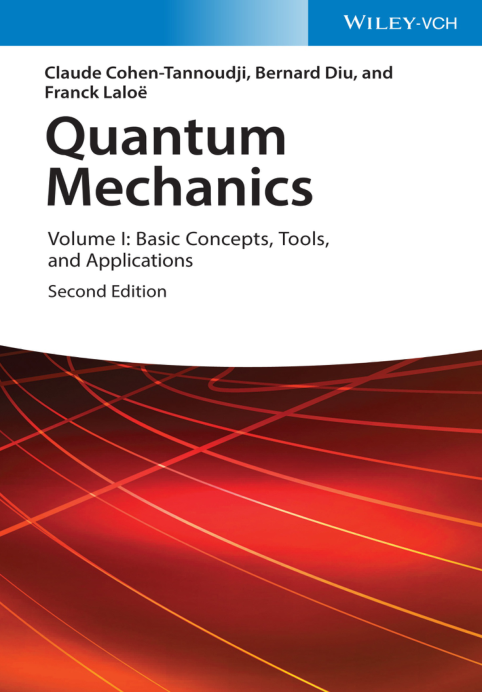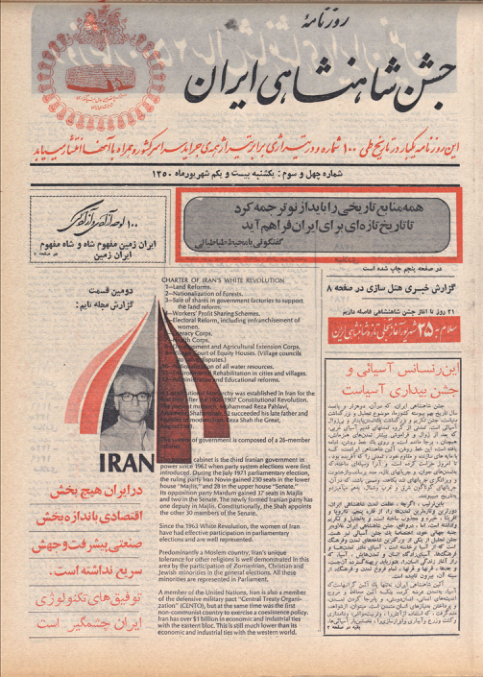Basic Concepts, Tools, and Applications
Beginning students of quantum mechanics frequently experience difficulties separating essential underlying principles from the specific examples to which these principles have been historically applied. Nobel-Prize-winner Claude Cohen-Tannoudji and his colleagues have written this book to eliminate precisely these difficulties. Fourteen chapters provide a clarity of organization, careful attention to pedagogical details, and a wealth of topics and examples which make this work a textbook as well as a timeless reference, allowing to tailor courses to meet students’ specific needs.
Each chapter starts with a clear exposition of the problem which is then treated, and logically develops the physical and mathematical concept. These chapters emphasize the underlying principles of the material, undiluted by extensive references to applications and practical examples which are put into complementary sections. The book begins with a qualitative introduction to quantum mechanical ideas using simple optical analogies and continues with a systematic and thorough presentation of the mathematical tools and postulates of quantum mechanics as well as a discussion of their physical content. Applications follow, starting with the simplest ones like e.g. the harmonic oscillator, and becoming gradually more complicated (the hydrogen atom, approximation methods, etc.). The complementary sections each expand this basic knowledge, supplying a wide range of applications and related topics as well as detailed expositions of a large number of special problems and more advanced topics, integrated as an essential portion of the text.
 کتاب سل Ketab Sell | کتاب سل، بزرگترین منبع کتاب و جزوههای دانشجویی
کتاب سل Ketab Sell | کتاب سل، بزرگترین منبع کتاب و جزوههای دانشجویی









Reviews
There are no reviews yet.